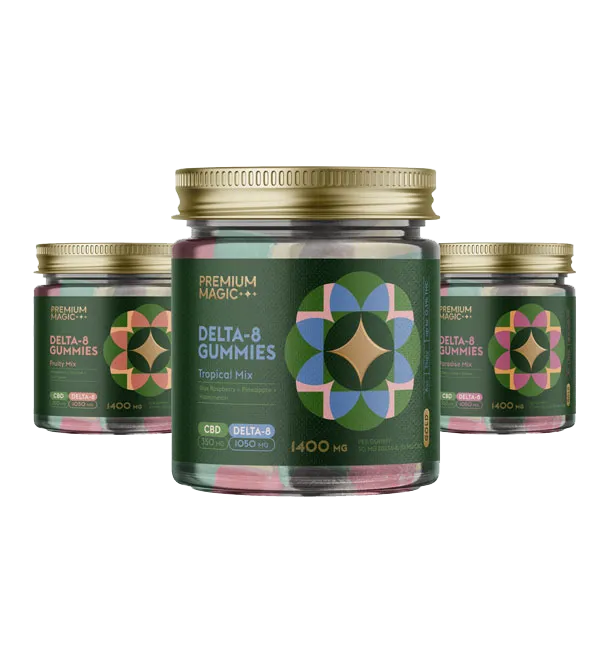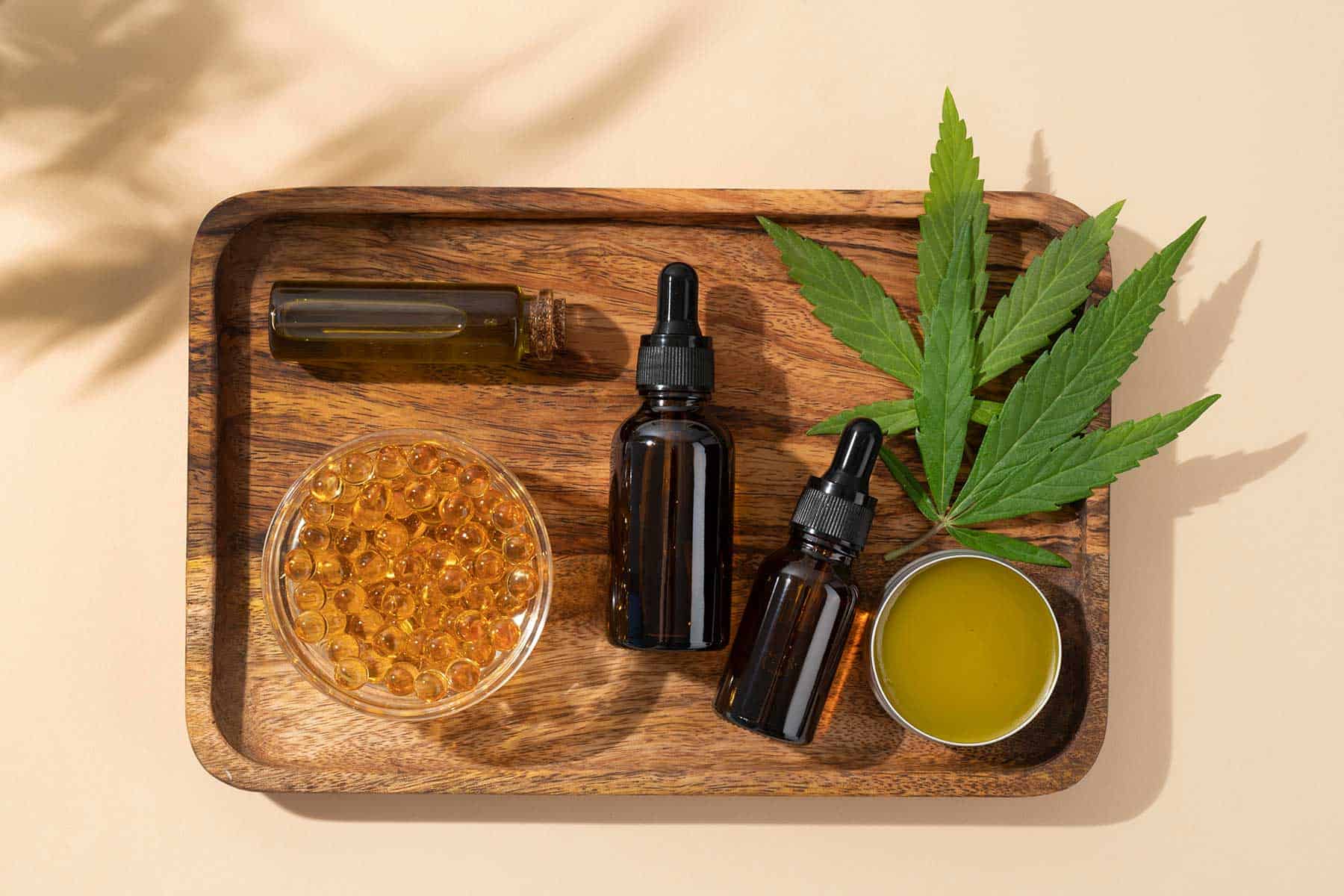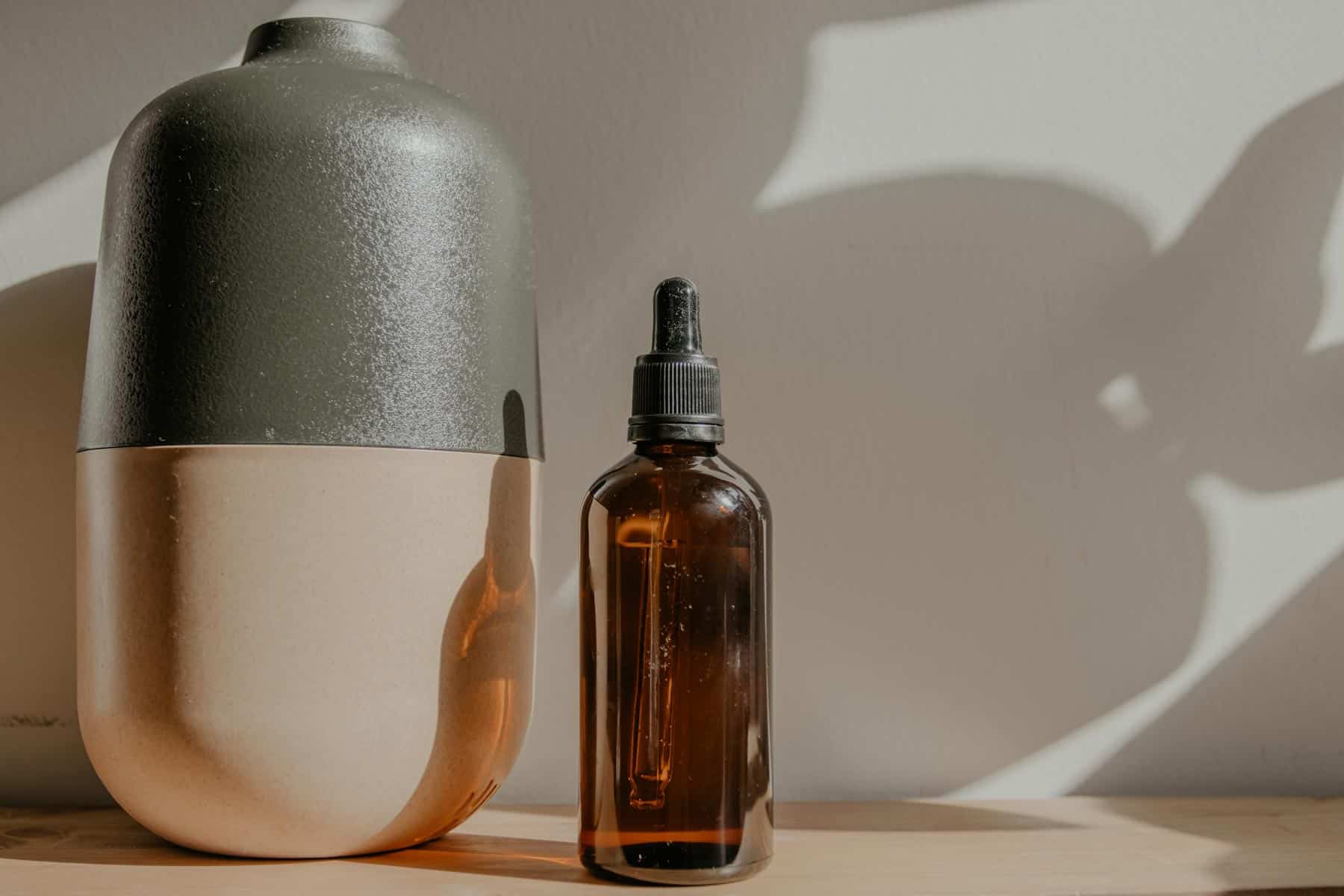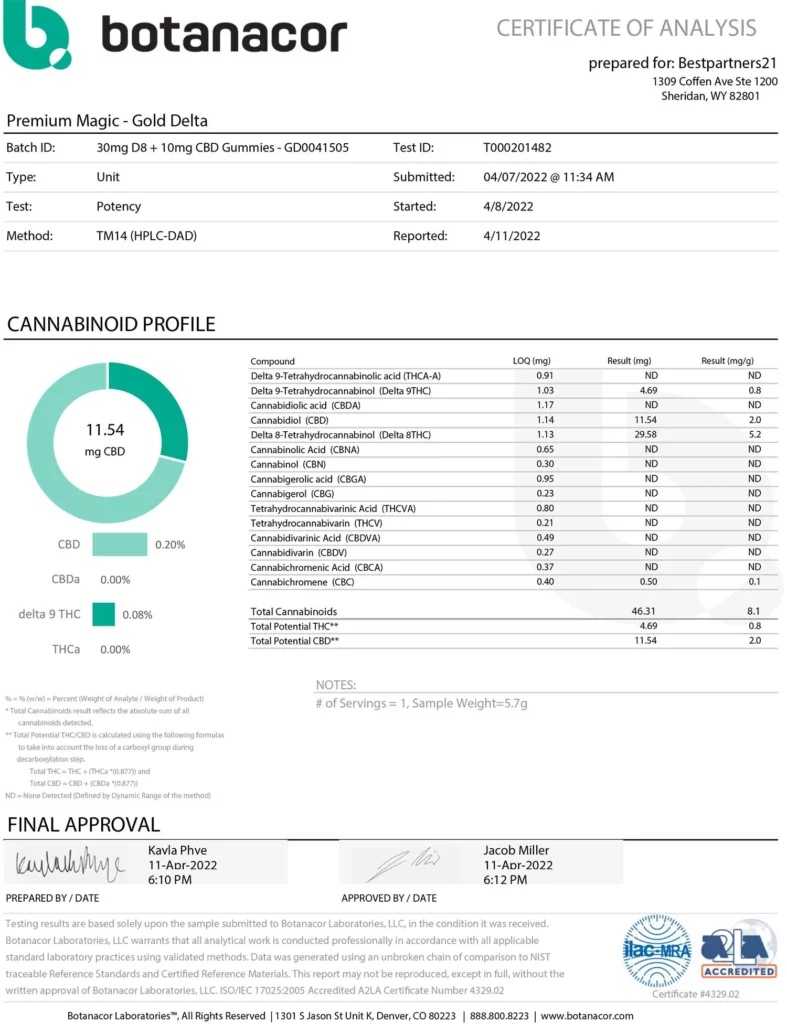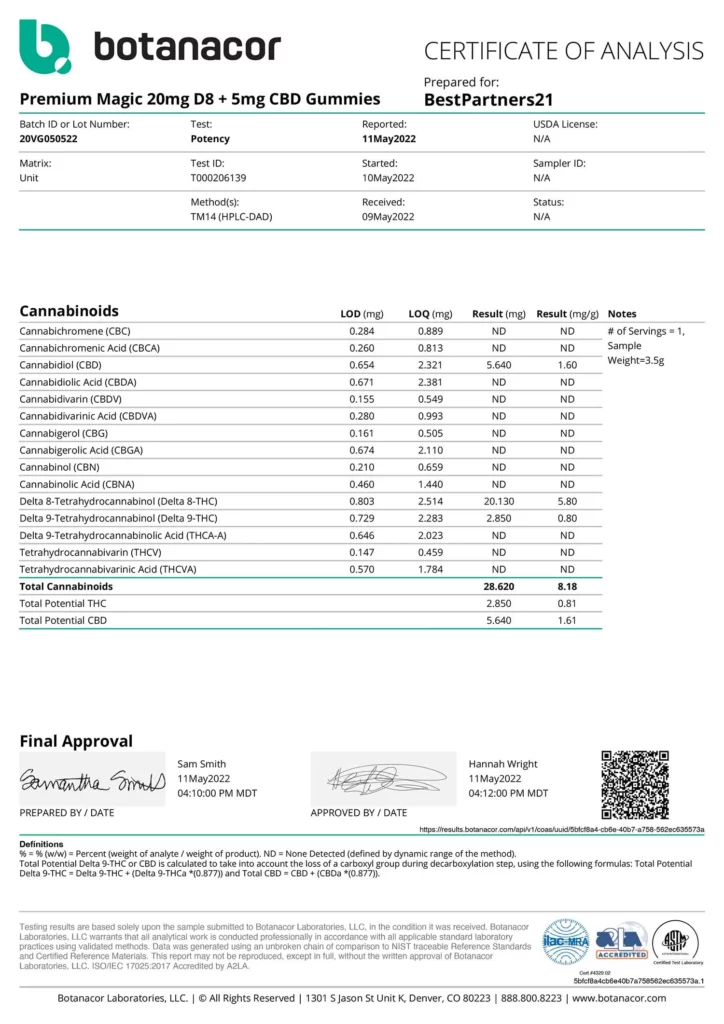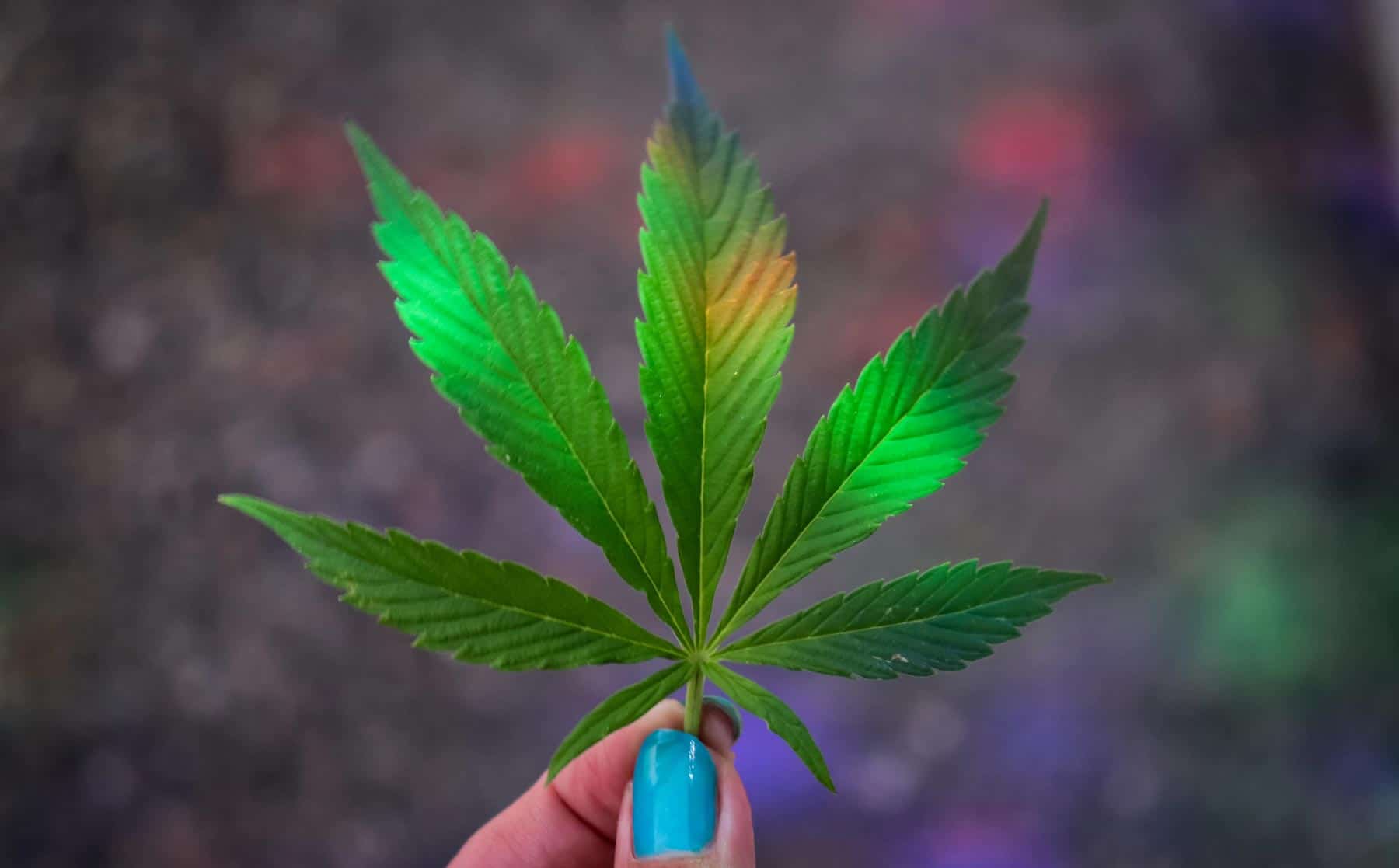
Delta 8 Legal States: A Detailed Breakdown of Where and Why

Unveiling Delta-8 THC: The New Trailblazer of the Cannabis Industry
Delta 8 THC, the new entrant in the cannabinoid family, has quietly emerged from the shadows of its more illustrious relatives – Delta-9 THC and CBD, carving a unique niche in the expansive landscape of cannabis compounds. The ascension of this underdog cannabinoid, Delta 8 THC, has sparked curiosity, piqued interest, and fueled debates in the cannabis industry and beyond.
Understand Delta 8 THC
Delta 8 THC distinguishes itself with its unique molecular structure, rendering it a milder version of the Delta-9 THC, the primary psychoactive compound in cannabis. Delta 8 offers a distinct, less intense high, steering clear of the paranoia and anxiety often associated with Delta-9 THC. Consequently, it is earning an increasing fan base among recreational users desiring a more balanced and manageable euphoric experience.
On the other hand, Delta-8 THC also promises potential therapeutic benefits. Preliminary research points to an array of medicinal properties, including antiemetic (combatting nausea and vomiting), anxiolytic (fighting anxiety and panic), analgesic (relieving pain), and even neuroprotective effects. While these findings are promising, they are preliminary, and more extensive clinical trials are warranted to fully unlock Delta-8 THC’s health potential. This intriguing blend of moderate psychoactive effects and potential health benefits has led to the blossoming popularity of Delta 8 THC among health-conscious consumers.
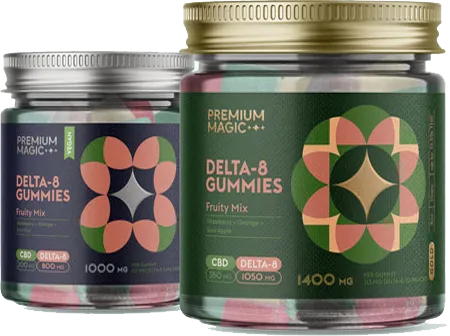
Gold + Silver Combo Fruity Mix
Original price was: $154.98.$68.99Current price is: $68.99.
Or Subscribe and Save 30%
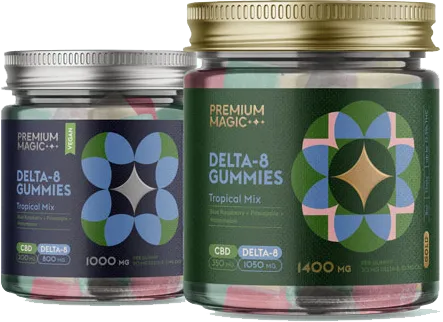
Gold + Silver Combo Tropical Mix
Original price was: $154.98.$67.99Current price is: $67.99.
Or Subscribe and Save 30%
However, the burgeoning popularity of Delta-8 THC also brings to light the complexities and ambiguities of its legal status. While some cannabinoids like CBD and hemp-derived products have found legal safe havens thanks to the Farm Bill 2018, the situation with Delta-8 THC is a bit murkier.
The reason for this complicated legality lies in the way Delta 8 THC is produced. Delta 8 THC is not synthesized in high quantities in the cannabis plant naturally. Rather, it is often derived from hemp or CBD through a process of chemical conversion, landing it in a gray area of legality. The Drug Enforcement Administration’s (DEA) Interim Final Rule states that synthetically derived tetrahydrocannabinols are a Schedule I substance, adding another layer of complexity to the Delta 8 THC discourse.
Understanding the Delta 8 THC Landscape
The complex narrative of cannabis legality, Delta 8 THC, colloquially known as ‘diet weed’, presents a fascinating case study. Intrinsically, Delta 8 THC is a minor cannabinoid, occurring in scarce amounts in the Cannabis Sativa plant, forcing producers to extract it from both hemp and marijuana strains. Its rarity in nature, coupled with its promising effects, has turned it into a valuable commodity in the cannabis market.
Yet, its real intrigue lies in its dance with the law. Straddling a tightrope of legalities, Delta 8 THC’s status is deeply nuanced and shrouded in ambiguity. Unlike its cannabinoid counterparts like CBD, which have found more straightforward legal recognition under federal law, Delta 8 THC’s standing is far more complex. It is mired in a tangle of legislation, teetering between acceptance and prohibition, its legal position varying wildly across federal and state laws.
The crux of this legal convolution stems from its derivation process. Most commercially available Delta 8 THC is synthetically derived from hemp or CBD, plunging it into a legal gray area. Federal law, as stipulated by the 2018 Farm Bill, legalizes all hemp-derived cannabinoids, which technically includes Delta 8 THC. However, the DEA’s Interim Final Rule counters this by stating that all synthetically derived tetrahydrocannabinols remain Schedule I controlled substances, thus putting Delta 8 THC’s legal status into question.
This intriguing interplay between varying regulations leaves Delta 8 THC at a unique crossroads of legality, navigating a delicate balance between acceptance and restriction. As the legal discourse around Delta 8 THC evolves, so does the need for consumers, producers, and retailers to stay informed about this compelling cannabinoid’s ever-shifting legal landscape.
Delta-8 THC: Federal Legal Status
On the federal level, the Agriculture Improvement Act of 2018, also known as the Farm Bill, legalized all hemp-derived cannabinoids, extracts, and derivatives, thereby making Delta-8 THC legal if derived from hemp containing 0.3% or less Delta-9 THC.
However, the Drug Enforcement Administration (DEA)’s Interim Final Rule complicates the situation by stating that all synthetically derived tetrahydrocannabinols remain Schedule I controlled substances. As Delta-8 THC is often produced through a conversion process from CBD, its status becomes hazy.
The State-by-State Breakdown of Delta-8 Legality
Given this ambiguity on a federal level, states have been left to interpret the law and establish their own rules, leading to a patchwork of laws.
1. Delta-8 Legal States
Several states adhere to federal law, thereby permitting the use of Delta-8 THC. Notable among these are California, a powerhouse of the cannabis industry, and Florida, where the burgeoning cannabis market has embraced Delta-8 products. Other legal states include Illinois, New York, and Texas, where individuals can freely access and consume Delta-8 THC.
2. Delta-8 Restricted States
There is a subset of states, such as Colorado, that have restricted the use of Delta-8 THC. Despite its broad acceptance of cannabis, Colorado law specifically bans the use of chemically modifying or converting any naturally occurring cannabinoids in hemp.
3. Delta-8 Prohibited States
Unfortunately, not all states have welcomed Delta-8. For example, Arizona, Utah, and Arkansas, among others, have explicitly banned all products containing Delta-8 THC.
The Why: Understanding State Decisions
Each state’s decision hinges on a variety of factors, often balancing safety concerns with economic potential.
States legalizing Delta-8 often highlight potential economic gains and the opportunity for scientific research. However, states restricting or prohibiting Delta-8 raise concerns about regulatory challenges, safety issues related to unregulated production, and the psychoactive potency of Delta-8.
The Ongoing Debate and Its Impact on Consumers
The debate around the legality of Delta-8 THC underlines a larger conversation about the complexity of cannabis laws. It affects businesses operating in the cannabis industry, researchers studying cannabis, and consumers seeking therapeutic benefits from cannabinoids.
In the face of this complexity, consumers should stay informed about the evolving legislation, always confirming the legal status of Delta-8 in their respective states before purchasing or using any Delta-8 products.
Delta-8 Legal States: A Fluid Landscape
Navigating the Delta-8 THC landscape can be a daunting task, given its ever-changing legal status. However, staying informed and understanding the ‘where’ and ‘why’ of Delta-8 legal states helps consumers make safe and informed decisions about incorporating Delta-8 THC into their lives.
The future of Delta-8 THC remains uncertain as regulatory authorities continue to reassess their stance on cannabinoids. Yet, the possibilities that Delta-8 THC presents – from its potential health benefits to its capacity to stimulate economic growth – continue to drive interest and debate around its legal status.
The Potential of Delta-8 THC
Delta-8 THC’s rise in popularity is not without reason. Its unique properties make it an attractive option for many. Although similar to Delta-9 THC – the primary psychoactive compound in cannabis – Delta-8 is known for providing a less intense, more clear-headed high. This makes it appealing to those seeking therapeutic benefits without the overwhelming psychoactive effects that can sometimes come with Delta-9 THC.
The Delta-8 Effect: A User Perspective
Delta-8 THC users often report experiencing a calming effect, with an enhanced sense of awareness and creativity. Medical studies suggest potential benefits like neuroprotection, reduced nausea, and relief from pain and anxiety. However, more research is needed to substantiate these claims and understand the full scope of Delta-8 THC’s health benefits.
The Market Perspective
From a market perspective, Delta-8 THC represents an opportunity for innovation and growth within the cannabis industry. Despite its controversial status, Delta-8 products are carving out a considerable niche in the market, with diverse products ranging from vapes, edibles, tinctures, to capsules.
The economic implications of this burgeoning market could be significant, presenting new job opportunities and contributing to state revenues through taxation. These potential benefits are significant motivators for states choosing to legalize Delta-8 THC.
Moving Forward with Delta-8 THC
Given its potential benefits and market opportunities, it is clear that Delta-8 THC has a promising future. However, this future is closely tied to the evolving legal landscape. As with any new industry, there is a need for regulation to ensure product safety and quality, while also providing room for innovation and growth.
Therefore, it is crucial for consumers, businesses, and legislators to participate in ongoing conversations and decisions around Delta-8 THC. Keeping abreast of new studies, changes in legislation, and market trends will be integral to navigating the Delta-8 landscape successfully.
Conclusion
Understanding the legal status of Delta-8 in various states is more than just a matter of legality—it’s about understanding the larger forces at play in the realm of cannabis legislation, consumer safety, and the future of the industry. In the rapidly evolving world of cannabis laws, being informed is key. And, as Delta-8 THC continues to make waves, there is no doubt that all eyes will be on the developments surrounding this intriguing cannabinoid.
As of now, several states have embraced the use of Delta-8. These include states like California, Colorado, and Florida, among others. It is crucial to understand that these laws are dynamic and subject to change. Therefore, it’s recommended to regularly check your state’s current regulations.
The prohibition of Delta-8 in some states arises from varying interpretations of the 2018 Farm Bill. Certain states like New York, Utah, and Arizona view the chemical conversion process used to produce Delta-8 as a synthetic production, and therefore illegal. Concerns about regulation, safety, and the potential for misuse also factor into these prohibitions.
For accurate information about the legal status of Delta-8 in your state, consider visiting your state’s official government website. This should provide the most up-to-date and accurate information. Additionally, reputable Delta-8 retailers often have resources available outlining where their products can be legally sold.
While the laws governing online purchases of Delta-8 remain somewhat murky, it’s crucial to understand that buying or possessing Delta-8 in a state where it’s prohibited could potentially lead to legal repercussions. Therefore, it’s crucial to be fully aware of your state’s stance on Delta-8 before making any purchases.
